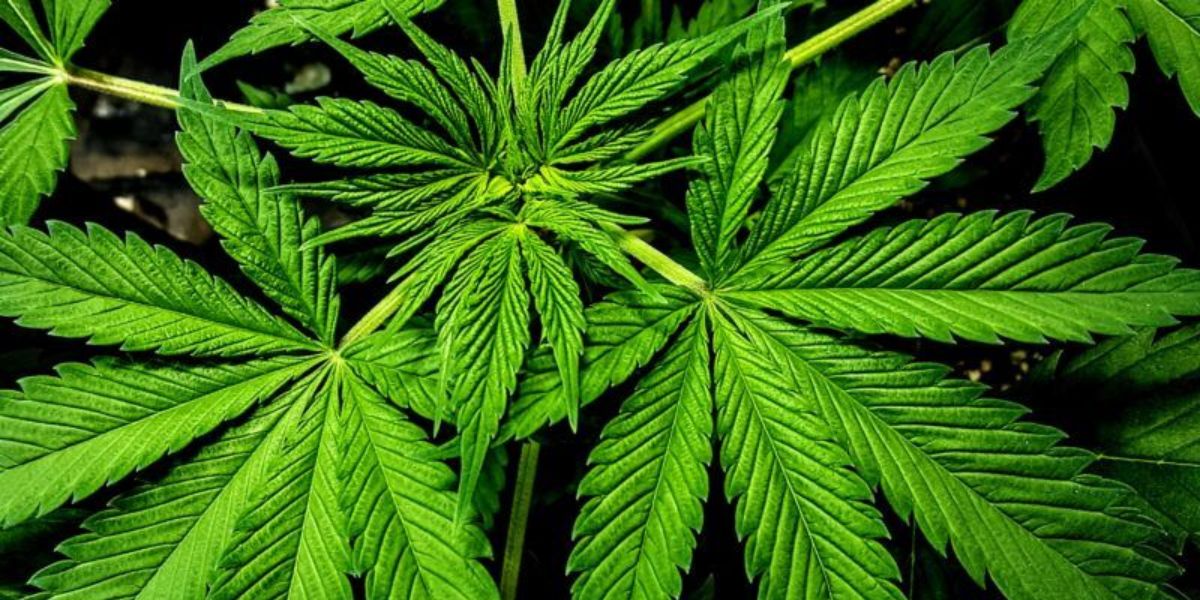A 60% super majority of votes was required to legalize marijuana for adult use, but Florida’s attempt was unsuccessful. In the meantime, the state’s medical cannabis plan was approved by Nebraska voters.
On Tuesday, voters in two additional states will also cast ballots on marijuana legalization.
Cannabis activists had hoped that ballot propositions in South Dakota, North Dakota, Florida, and Nebraska would allow the states to produce and distribute marijuana for medical or recreational purposes. Every ballot item is the outcome of petition initiatives spearheaded by citizens.
In 38 states, marijuana is legal to a certain extent. Marijuana is allowed for recreational use in 24 states.
Its classification from schedule I controlled substance to schedule III was altered by the Department of Justice on May 21. Schedule III medications can be prescribed over the phone and are thought to be less likely to be abused than schedule I and II.
According to a Pew Research Center poll, 57% of individuals said that marijuana should be allowed for both medical and recreational purposes, while more than 80% of adults think it should be lawful in various situations.
Florida Amendment Three fails
Under Florida’s Amendment Three, anybody over 21 could have bought, owned, and used marijuana products for recreational purposes.
Marijuana Moment, Axios, and WFTS TV in Tampa reported that the proposition received a strong but ineffective 57.2% of the vote to 42.8 against, with over 95% of the state’s votes being tallied.
The purchase, possession, and medical use of marijuana are currently permitted.
The amendment would have let Medical Marijuana Treatment Centers and other state-licensed merchants to cultivate, purchase, produce, and market cannabis-related goods and accessories. Up to 3 ounces, or around 8.5 grams, could be in the possession of one person.
The amendment would have let Medical Marijuana Treatment Centers and other state-licensed merchants to cultivate, purchase, produce, and market cannabis-related goods and accessories. Up to 3 ounces, or around 8.5 grams, could be in the possession of one person.
Amendments to the Constitution must be approved by a majority of 60%.

The medical program in Nebraska is successful
Voters in Nebraska passed the two medical marijuana legalization propositions on the state’s ballot. According to Marijuana Moment, KCAU-TV, and the New York Times, voters supported Initiatives 437 and 438.
The penalty for possessing up to five ounces of cannabis for medical purposes will be lifted under Initiative 437. Legalizing the possession, production, distribution, delivery, and dispensing of cannabis for medical purposes is the goal of Initiative 438. News outlets reported that the legislation was approved 74% to 26%.
Additionally, Initiative 438 creates the Nebraska medicinal Cannabis Commission, which will oversee the state’s medicinal marijuana market. Thirty percent voted against that proposition, while seventy percent supported it.
In Nebraska, ballot proposals must be approved by a simple majority. Additionally, for the ballot initiative to be approved, at least 35% of voters must cast ballots.
Read Also: Ralph Norman Secures SC Congressional Seat: Rock Hill’s Voting Breakdown
Measure 5 was started in North Dakota
For the third time in six years, a ballot initiative to legalize marijuana for recreational use is on the North Dakota ballot. In 2018 and 2022, similar measures were defeated.
Measure 5 will allow adults 21 years of age and older to legally produce, possess, and consume marijuana for recreational purposes. Recreational marijuana use and adult, business, and dispensary registration will be governed by a governmental agency.
State legislators will have until October 1, 2025, to create rules. An individual is permitted to possess 1,500 milligrams of edibles, four grams of concentrate, and one ounce of cannabis.
In North Dakota, ballot measures must be approved by a simple majority.
Read Also: John Barrasso Secures Third Full Term as U.S. Senator from Wyoming
Measure 29 was started in South Dakota
Measure 29 was introduced in South Dakota with the goal of allowing adults 21 years of age and older to legally possess, cultivate, use, and distribute marijuana for recreational purposes.
In 2020, voters approved a state constitution amendment that would have made marijuana legal for recreational use.
A strong opponent of legalization, Governor Kristi Noem, filed a post-facto legal challenge against the bill, and the state supreme court decided in her favor. The ballot initiative did not comply with the state’s single-subject requirement, the court decided.
Noem has attempted to block medicinal safeguards, although South Dakota already has authorized medical marijuana. In South Dakota, ballot propositions must receive a simple majority of the vote to pass.












Leave a Reply